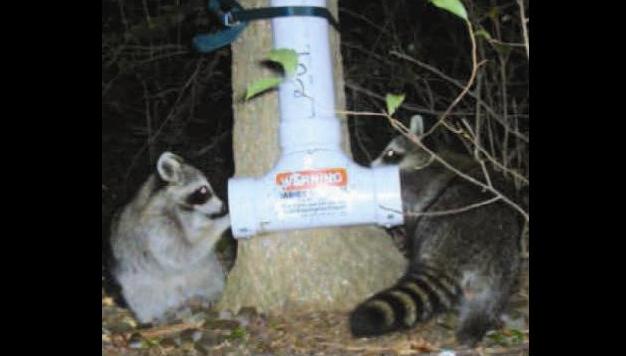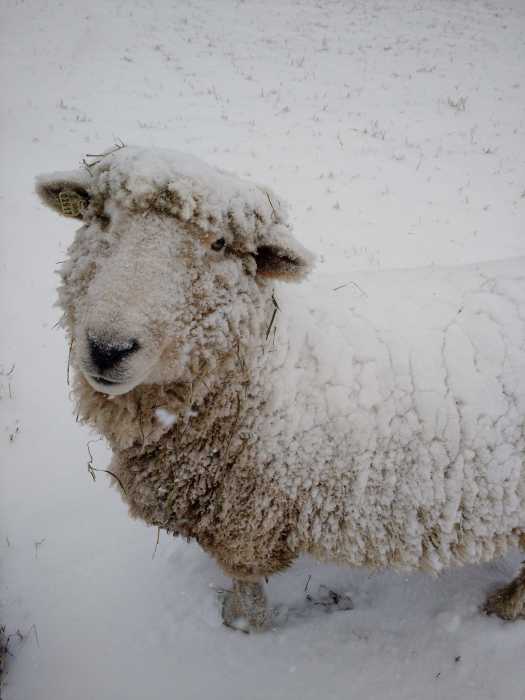BY ECLEEN CARABALLO
Wildlife biologists will distribute oral rabies vaccine in parts of Queens and Brooklyn this month to help prevent the spread of the virus among raccoons, according to the city’s Health Department.
The Health Department decided to take action after the continuing identification of raccoons and other animals with rabies in all five boroughs of New York City. Specifically, two cases of infected raccoons arose in Brooklyn this year. The most recent reported cases in Queens were a raccoon and opossum in 2010. In New York City and New York State, rabies occurs primarily in raccoons, skunks, bats and skunks.
The Health Department, and wildlife biologists with the United States Department of Agriculture and Cornell University are hoping the vaccine distribution will decrease those numbers. Cornell received state funding to pursue this program in New York City and it is an expansion of a program being conducted in Long Island and parts of upstate New York.
When brought to Queens and south Brooklyn, fixed bait stations will be placed in several wooded areas, parks, public green spaces, and even private properties with the owner’s permission.
The vaccination being distributed is specifically for raccoons, and it will help to further limit the spread of rabies to other animals, including pets. Although it is not harmful to pets, and will not cause rabies, it can cause vomiting if several baits are consumed. In the case that pets do find it, do not try to take it away from them to avoid being bitten and exposed to the vaccine.
The bait itself will not harm people. But in rare instances, exposure to the liquid can cause a rash. In the unlikely event someone comes in contact with the liquid, wash his or her hands with warm, soapy water, talk to a doctor, and notify the Poison Control Center at 1-800-222-1222.
For the raccoons, vaccinating them is harmless, and is used in many other U.S. locations.
Rabies, a viral disease that infects the central nervous system of mammals, can be fatal to humans unless treatment is administered soon after exposure.
There have been no human cases of rabies in New York City for more than 50 years.
RECOMMENDED STORIES































